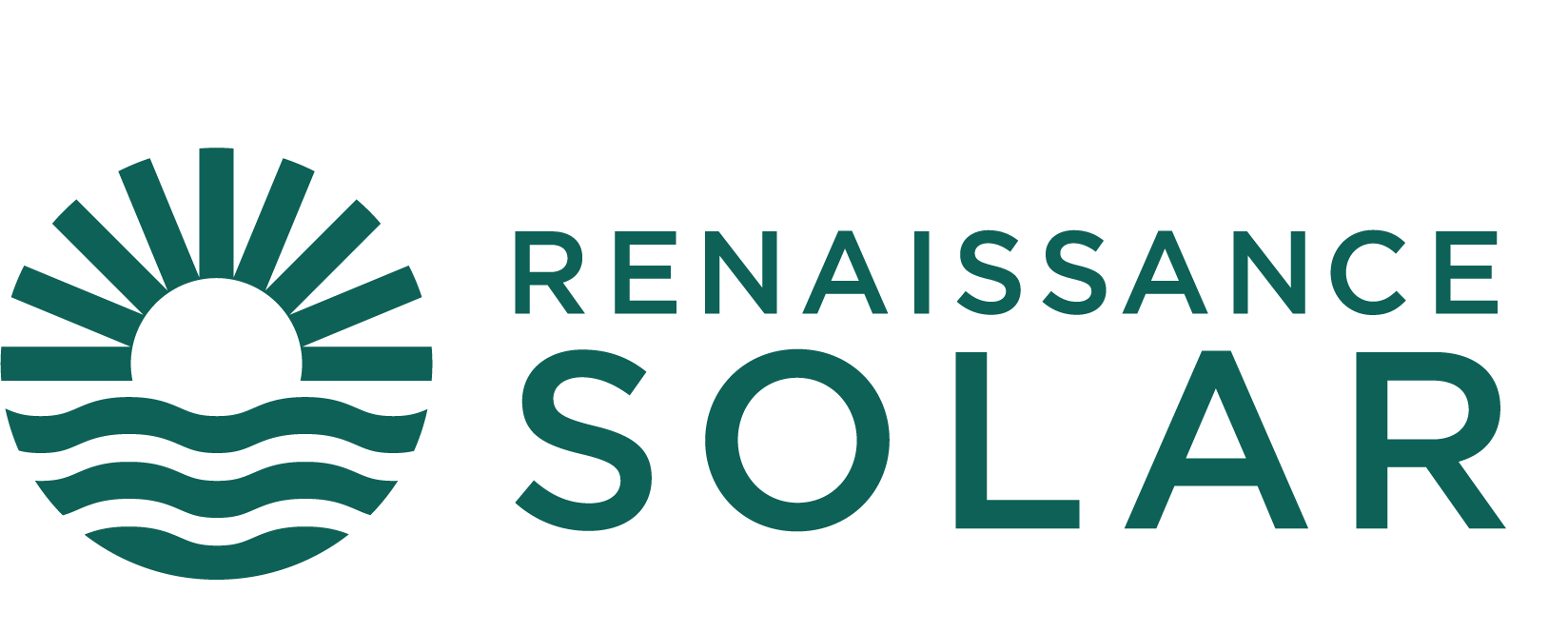When investing in a photovoltaic (PV) solar system, it’s crucial to consider the durability and quality of the components to ensure long-term performance and maximize your return on investment. One component that plays a significant role in the system’s lifespan is the solar inverter. In this blog, we will delve into the factors that affect the lifespan of inverters in PV solar systems, helping you assess their durability and quality to make informed decisions for your solar installation.
Build Quality and Reliability
The build quality of a solar inverter is a crucial factor in determining its lifespan. Opting for inverters from reputable manufacturers known for their quality and reliability can significantly impact the durability of the system. Look for inverters that are designed with robust components and undergo rigorous testing to ensure they can withstand various environmental conditions, such as temperature fluctuations, humidity, and voltage spikes.
Thermal Management
Effective thermal management is vital for the longevity of inverters. PV solar systems generate heat, and inadequate cooling or ventilation can cause components to overheat, leading to premature failure. Quality inverters incorporate advanced heat dissipation mechanisms, such as heat sinks or fans, to regulate the internal temperature and prevent thermal stress. Proper installation and adequate spacing around the inverter can also facilitate heat dissipation, prolonging its lifespan.
Surge Protection and Grid Stability
Inverters that feature built-in surge protection and are designed to handle fluctuations in the electrical grid contribute to their durability. Electrical surges, lightning strikes, and grid instability can pose risks to the inverter’s components. High-quality inverters incorporate robust surge protection mechanisms, shielding the system from electrical disturbances and ensuring its long-term reliability.
Environmental Compatibility
The environment in which the inverter operates plays a significant role in its lifespan. In areas with extreme weather conditions, such as high temperatures, humidity, or exposure to corrosive elements, it is crucial to select inverters specifically designed for such environments. Inverters with proper protection against moisture, dust, and other environmental factors will withstand the test of time more effectively.
Maintenance and Serviceability
Regular maintenance and timely servicing can extend the lifespan of inverters. Selecting inverters that are easy to access, inspect, and service will facilitate routine maintenance and troubleshooting, preventing potential issues from escalating. Inverters with user-friendly interfaces and comprehensive monitoring capabilities allow for effective system monitoring and prompt identification of any performance deviations or faults.
Choosing a durable and high-quality inverter is essential for maximizing the lifespan and performance of your PV solar system. Considering factors such as build quality, thermal management, surge protection, environmental compatibility, and serviceability will help you assess the durability and quality of inverters.
At Renaissance Solar, we understand the significance of selecting reliable inverters for your PV solar system. Our team of experts is dedicated to providing you with top-quality inverters that meet the highest industry standards. Contact us today to explore our range of durable and high-performance inverters and ensure the long-term success of your solar installation.
